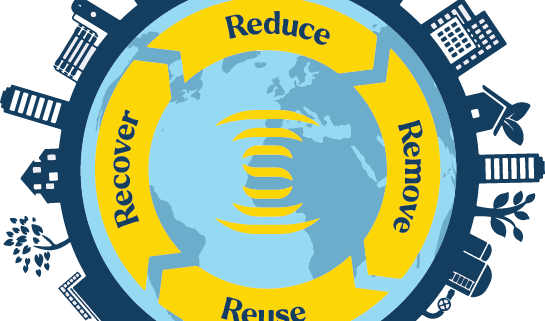Sustainable Solutions: Water Reuse on College Campuses
In the face of environmental challenges, the importance of sustainability has become increasingly evident. Among the myriad of issues, water scarcity stands out as a critical concern, prompting innovative solutions across various sectors. College campuses, as hubs of education and innovation, have a unique opportunity to lead by example in implementing sustainable practices. One such practice gaining traction is water reuse.
The Imperative of Water Reuse
Water scarcity is a pressing global issue exacerbated by factors like climate change, population growth, and inefficient water management. According to the United Nations, by 2025, an estimated 1.8 billion people will be living in regions with absolute water scarcity, with two-thirds of the world’s population potentially facing water-stressed conditions. In this context, finding sustainable ways to manage and conserve water resources is paramount.
College campuses, with their substantial water consumption due to academic, residential, and recreational activities, can significantly contribute to water conservation efforts. Implementing water reuse systems not only reduces water demand but also promotes a culture of environmental responsibility among students, faculty, and staff.
Strategies for Water Reuse
Greywater Recycling
Greywater, wastewater generated from activities like bathing, laundry, and dishwashing, can be treated and reused for non-potable purposes such as landscape irrigation, toilet flushing, and cooling systems. Installing greywater recycling systems on college campuses offers a practical way to minimize freshwater consumption for non-drinking purposes.
Rainwater Harvesting
Rainwater harvesting involves collecting and storing rainwater for later use. College campuses can utilize rainwater for landscaping, flushing toilets, and other non-potable applications. Implementing rainwater harvesting systems not only reduces reliance on municipal water sources but also mitigates stormwater runoff, which can help prevent pollution of local water bodies.
Onsite Wastewater Treatment
Onsite wastewater treatment facilities can treat sewage and wastewater generated on campus to a quality suitable for non-potable reuse. These systems utilize various treatment processes such as filtration, biological treatment, and disinfection to purify wastewater. By treating and reusing wastewater locally, colleges can reduce their environmental impact and decrease their dependence on centralized wastewater treatment facilities.
Benefits of Water Reuse on College Campuses
Environmental Sustainability
Implementing water reuse systems helps colleges reduce their environmental footprint by conserving precious freshwater resources and minimizing wastewater discharge into the environment. By adopting sustainable water management practices, campuses can contribute to the preservation of ecosystems and biodiversity.
Cost Savings
Water reuse initiatives can lead to significant cost savings for college campuses in the long run. By reducing water consumption and wastewater discharge, colleges can lower their utility bills and operational expenses. Additionally, investing in water reuse infrastructure may qualify campuses for government incentives or rebates, further enhancing financial benefits.
Educational Opportunities
Water reuse initiatives provide valuable learning opportunities for students across various disciplines, including environmental science, engineering, and sustainability studies. Incorporating water reuse projects into curricula allows students to gain practical experience and develop skills relevant to addressing real-world environmental challenges.
Conclusion
Water reuse presents a sustainable solution for college campuses to manage water resources efficiently and reduce their environmental impact. By implementing greywater recycling, rainwater harvesting, onsite wastewater treatment, and other water reuse strategies, campuses can promote environmental sustainability, achieve cost savings, and provide educational opportunities for students. As stewards of the future, colleges have a responsibility to lead by example and inspire positive change in water management practices. Through collective efforts, we can create a more sustainable and resilient future for generations to come.


